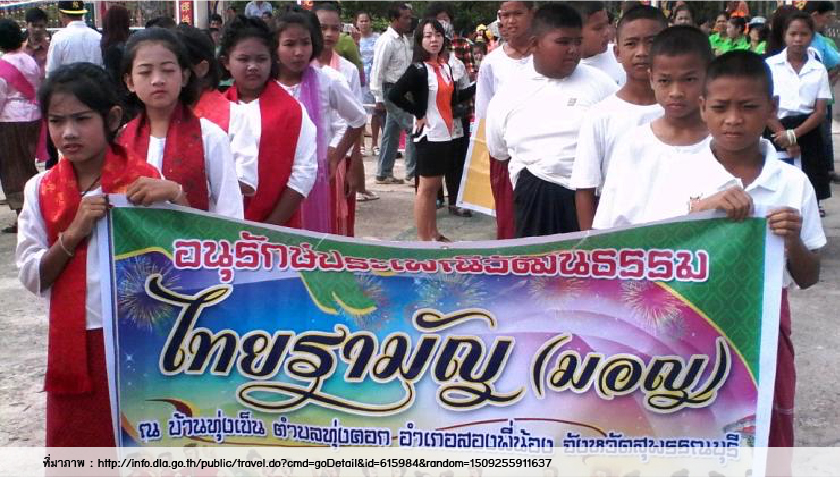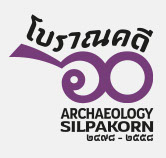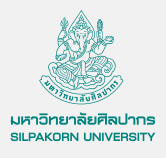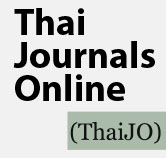
“บ้านทุ่งเข็น” ชุมชนชาติพันธุ์มอญร่วมสมัยแห่งสุพรรณบุรี
“Ban Thung-Khen” : The Contemporary Mon Ethnic Community of Suphanburi
โดย องค์ บรรจุน / By Ong Bunjoon
Damrong Journal, Vol 16, No.2, 2017
บทคัดย่อ:
บทความนี้ นำเสนอวิถีชุมชนวัฒนธรรมมอญร่วมสมัยแห่งบ้านทุ่งเข็น ซึ่งมีอัตลักษณ์ซับซ้อนและหลากหลาย ท่ามกลางผู้คนหลากหลายชาติพันธุ์ในสภาวะโลกาภิวัตน์ ในยุคที่สื่อใหม่มีบทบาทสำคัญ ชาวบ้านสามารถเข้าถึงข้อมูลนโยบายรัฐ และเท่าทันสถานการณ์โลก ภาคส่วนราชการใช้กระแสสังคมที่มากับนโยบายองค์กรระดับโลกผลักดันวัฒนธรรมท้องถิ่นให้กลายเป็นต้นทุนการท่องเที่ยว ชาวบ้านจึงไม่ได้เป็นเจ้าของชุมชนวัฒนธรรมชาติพันธุ์ของตนลำพังอีกต่อไป ขณะเดียวกัน ชาวบ้านก็ “เลือก” ที่จะแสดงอัตลักษณ์ของตนในบริบทที่เลื่อนไหล แม้ว่าอำนาจในการเลือกที่แท้จริงอาจจะไม่ได้เป็นของชาวบ้านโดยสมบูรณ์ ทว่าเป็นปฏิกิริยาตอบสนองต่อการใช้อำนาจในเชิงความสัมพันธ์สองทาง หรือหลักการต่างตอบแทน (Reciprocity) ต่อมาตรการตั้งรับนโยบายเชิงรุกด้านวัฒนธรรม อำนาจและความซับซ้อนในการเป็นผู้เลือกของชาวบ้านจึงปรากฏให้เห็นอย่างมีพลวัตและมีนัยยะ ประการสำคัญ ระบบความเชื่อในการนับถือผีบรรพชน (ผีบ้านผีเรือน) ตลอดจนระบบอาวุโส และความสัมพันธ์ในระบบเครือญาติ ที่ดูเหมือนย้อนแย้งและถูกท้าทายโดยข้อมูลข่าวสารและความรู้ที่มากับสภาวะโลกาภิวัตน์ กลับยังคงเป็นแกนหลักของวิถีชีวิต มีบทบาทสำคัญในการยุติความขัดแย้งและเชื่อมร้อยชุมชนเข้าไว้ด้วยกันได้ในระดับหนึ่ง
ABSTRACT:
This paper presents the Contemporary Mon Cultural Community of Thung-Khen whose complexities and various forms of ethnic Identity exist in a global context. In an age where social media connects the world together, people are able to access government policy information and are able to get an overall view of the world situation. At the same time, government agencies have followed the trend of international organizations’ cultural policies treating the diversity of local cultures as cultural and social capital for the purposes of tourism. Therefore, the villagers are no longer the only owners of the community’s culture. Moreover, the villagers “choose” to show different identities in different contexts even though the power of choosing has stemmed from the reciprocal relation (two-way relation) between the government’s cultural policy measures and their own negotiating mechanism, not solely from them. As a result, the villagers’ choosing strategy is powerful, complex, dynamic and significant. Furthermore, the old traditions such as paying respect to senior community members and ancestor spirit worship by the villagers are being challenged by the knowledge and information which has come along with globalization. Despite this, community conflicts in the Mon cultural context are solved via the old customs, especially the ritual of paying respect to the ancestor spirits of the Thung-Khen village which is still powerful and performs the important role of stopping conflicts and reinforces the bonds of the villagers to a certain extent.











